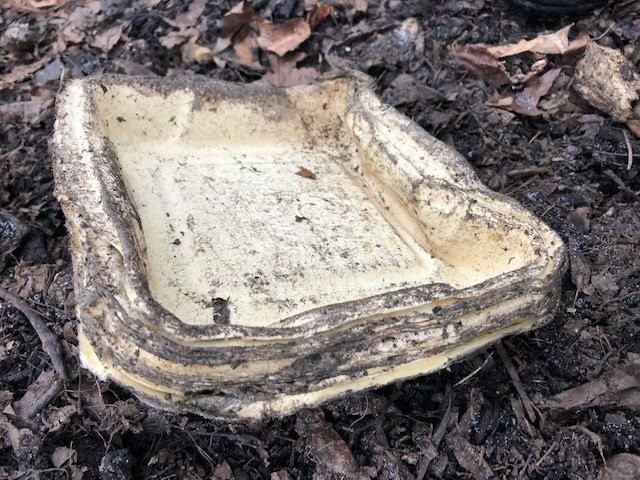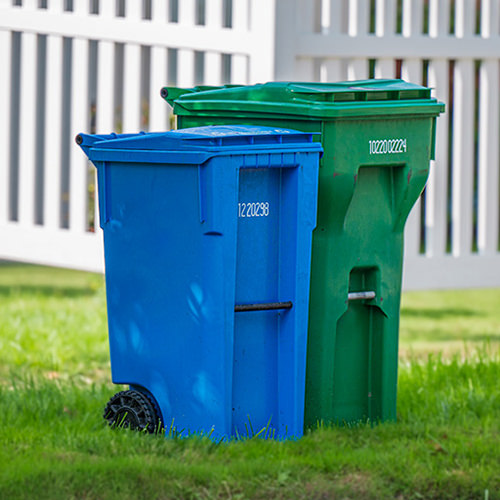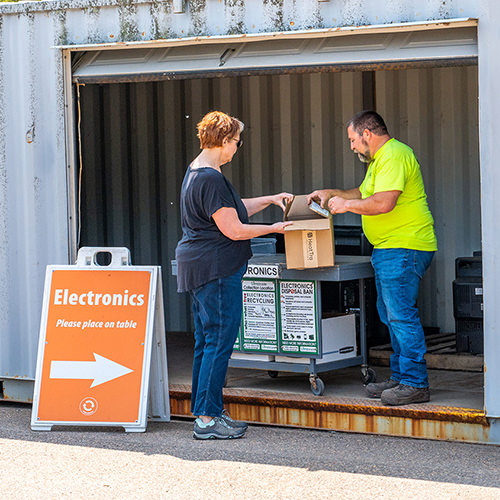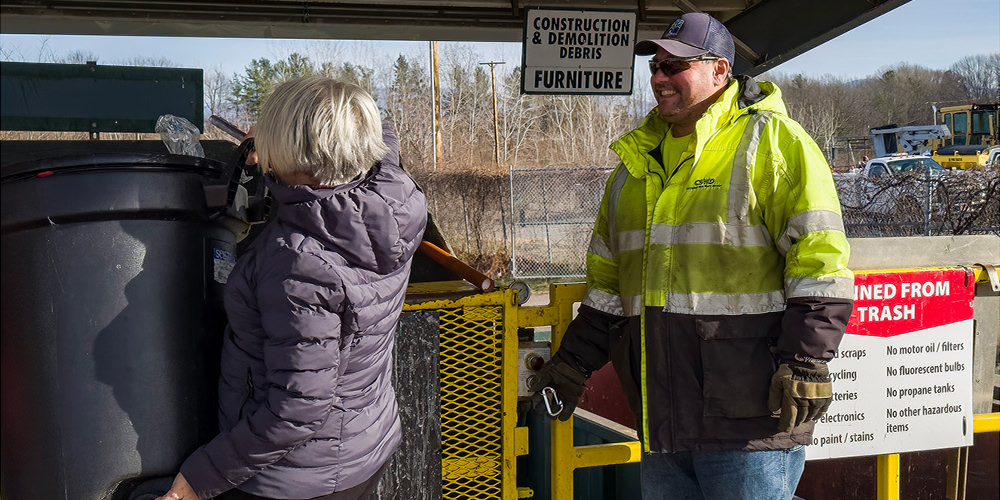CLOSURE ALERT: All CSWD facilities will be CLOSED on Friday, July 4 for the holiday.
Businesses
CSWD provides a variety of services, at no cost, to help businesses in Chittenden County understand what the law requires of them and assist them in reducing and managing their solid waste effectively. These services are tailored to address the specific needs of each business. From hospitality to financial services, mom-and-pop shops to Fortune 500 corporations–we can help!
Explore this page:








